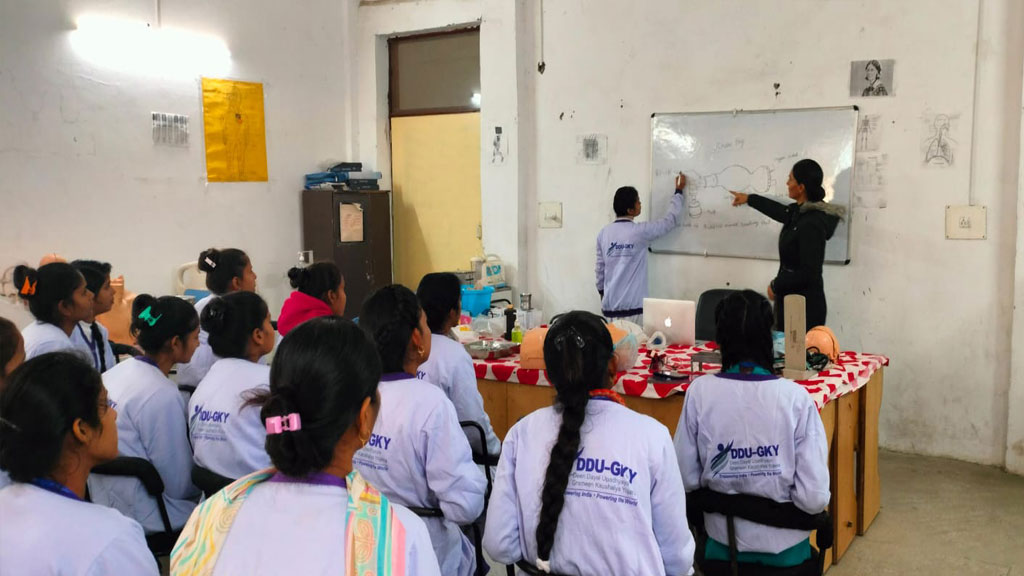Introduction:
Corporate Social Responsibility (CSR) programs in the education sector play a crucial role in contributing to the overall well-being of communities and fostering sustainable development. However, to ensure the effectiveness of these initiatives, it is essential to establish robust Key Performance Indicators (KPIs) that can accurately measure their impact. In this article, we will delve into the key metrics that organizations should consider when evaluating the success of their educational CSR programs.
Student Engagement and Performance:
Attendance Rates: Measure the percentage of students attending CSR-sponsored educational activities and programs.
Academic Performance: Assess the impact of CSR initiatives on students’ academic achievements, such as improved grades or standardized test scores.
Access to Education:
Enrollment Rates: Evaluate the increase in student enrollment in schools or educational programs supported by CSR efforts.
Access for Underprivileged Groups: Monitor the inclusion of underprivileged groups, such as girls, minorities, and economically disadvantaged students, in educational opportunities.
Infrastructure Development:
Facility Improvement: Measure the enhancement of educational infrastructure, including the construction of classrooms, libraries, and laboratories.
Technology Integration: Assess the adoption of technology in educational institutions through the provision of computers, internet access, and educational software.
Teacher Development and Training:
Professional Development Participation: Track the number of teachers engaging in professional development programs facilitated by CSR initiatives.
Skill Enhancement: Measure the improvement in teaching skills and methodologies among educators supported by CSR training programs.
Community Involvement:
Parental Engagement: Evaluate the level of parental involvement in educational activities and events facilitated by CSR initiatives.
Community Participation: Assess the impact of CSR programs on fostering community engagement and support for education.
Health and Well-being:
Nutritional Support: Measure the success of CSR initiatives in providing nutritional support to students, such as school feeding programs.
Health Checkups: Track the number of students who receive health checkups and medical assistance through CSR-sponsored initiatives.
Long-term Impact:
Alumni Success: Evaluate the success of CSR programs by tracking the achievements of alumni in their professional and personal lives.
Community Development: Assess the long-term impact on the overall development of communities through sustained educational improvements.
Financial Transparency:
Budget Allocation: Monitor the allocation of funds to different aspects of educational CSR programs, ensuring transparency and accountability.
Return on Investment (ROI): Assess the financial efficiency of CSR initiatives by comparing the costs with the achieved educational outcomes.
Conclusion:
Establishing and monitoring these Key Performance Indicators will not only allow organizations to measure the success of their educational CSR programs but also facilitate continuous improvement and refinement. By focusing on both short-term and long-term impacts, CSR initiatives can make a lasting and positive difference in the lives of students and communities, contributing to a brighter and more sustainable future.
- By admin

